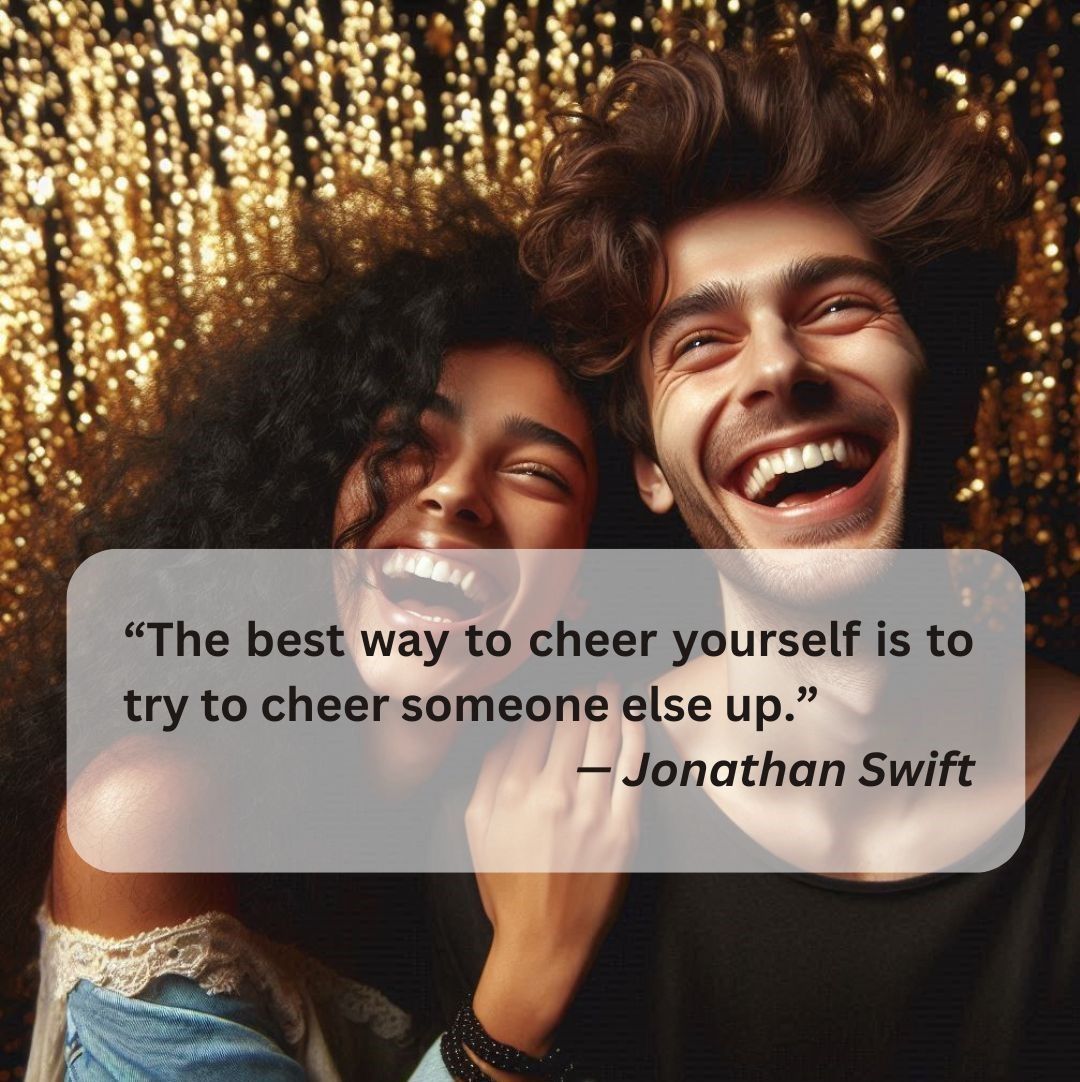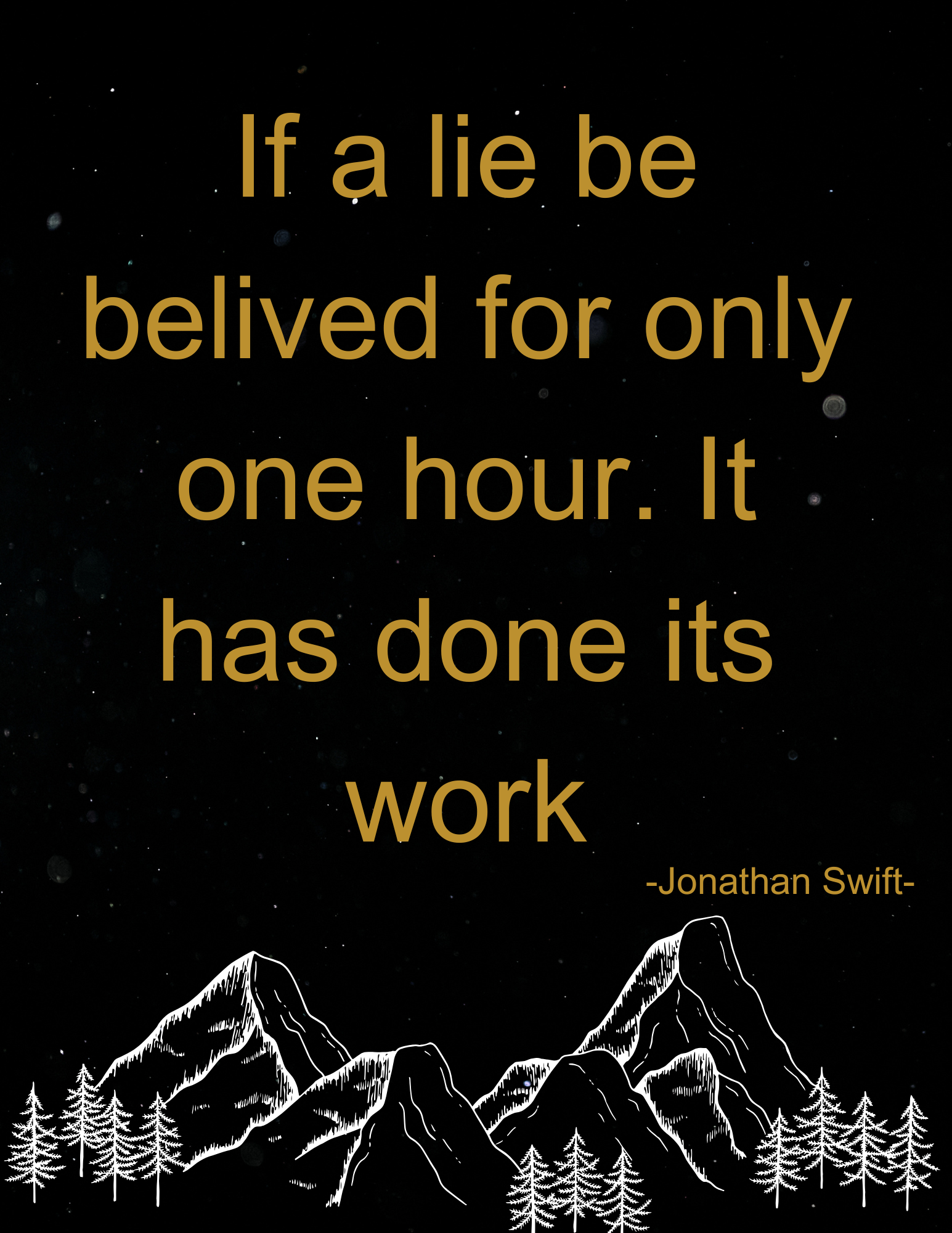How to Recognize and Combat Burnout
Recognizing Burnout at Work

Burnout doesn’t just show up one day, waving a red flag. Nope, it’s sneakier than that. It slowly creeps in, masquerading as regular stress or tiredness, until one day, you’re completely overwhelmed. The key is catching it early.
1. Constant Fatigue
Everyone gets tired after a long workday. But if you’re constantly exhausted, and no amount of rest seems to shake it off, you might be in burnout territory. It’s that special kind of tiredness where even a good night’s sleep won’t cut it. Getting out of bed or focusing on even simple tasks starts to feel like climbing a mountain.
2. Loss of Passion or Motivation
Remember when you were pumped about your job or project? Yeah, burnout has a way of making those exciting tasks feel like a total drag. That project you used to be all-in on? Suddenly, it’s more of a burden than something to look forward to.
3. Decreased Performance and Productivity
Burnout doesn’t care how many hours you’re putting in—it still zaps your productivity. You might find yourself struggling to concentrate, making more mistakes, or taking longer to finish tasks. If you’re used to operating at full speed, this can be super frustrating.
4. Cynicism and Disengagement
If you’ve gone from caring a lot about your work to feeling like, "What’s the point?" that’s a major red flag. Burnout makes you feel emotionally disconnected from what once brought you fulfillment. You might even start resenting your work.
5. Physical and Emotional Symptoms
Burnout doesn’t just mess with your head—it can affect your body, too. From tension headaches to stomach issues, your body might be screaming for you to slow down. Emotionally, you might notice yourself becoming irritable, anxious, or just plain down in the dumps.
How Burnout Messes with Your Goals
When burnout strikes, it’s like hitting the brakes on your progress. Your energy’s drained, your motivation tanks and you feel stuck, maybe even questioning whether your goals are worth it. But here’s the thing: burnout isn’t a sign that you’re failing. It’s a sign that you’ve been pushing too hard for too long without taking care of yourself.
The good news? You can fix this. Let’s talk about how.
Combating Burnout: How to Recharge and Reignite Your Drive
Once you’ve recognized that burnout is messing with your work and goals, it’s time to bounce back. Here’s how to recover and get back on track:
1. Take Time to Rest and Recharge
This might sound counterproductive when you’ve got goals to smash, but trust me, taking a break is essential. Whether it’s a full day off, a weekend without checking work emails, or even just stepping away from that project for a bit, you need to give yourself time to recharge. Rest isn’t a reward for hard work—it’s a necessity.
2. Reevaluate Your Goals and Expectations
Sometimes, burnout happens because we’re chasing goals that don’t even align with what we truly want anymore. Take a breather and ask yourself: are these goals still meaningful to me? If not, it’s perfectly okay to pivot or adjust your timeline. Life changes, and so should your goals.
3. Build More Bridges at Work
If you're constantly taking on too much, it's easy to lose focus and momentum. Instead, think about building bridges that allow you to stay balanced and connected to what matters most. Leave work at a reasonable hour, pause the late-night emails, and politely turn down extra tasks when you're already at capacity. By maintaining clarity and focus, you'll be able to contribute your best without running on empty.
4. Break Big Goals into Smaller Steps
Looking at a big goal can feel overwhelming, especially when burnout is in the mix. Break it down into smaller, more manageable tasks. It’s like running a marathon—one step at a time. Plus, celebrating those small wins will keep your motivation alive.
5. Prioritize Self-Care
Self-care isn’t just about bubble baths (though those can be awesome). It’s about doing things that recharge your mind and body. Whether that’s hitting the gym, meditating, reading, or hanging out with friends, make time for activities that fuel you. You can’t chase your goals if you’re running on fumes.
6. Seek Support
Burnout can feel isolating, but you don’t have to go through it alone. Talk to a friend, mentor, or coworker who can offer support and perspective. And if things are rough at work, consider having a conversation with your boss about your workload or stress levels. Many workplaces are getting better at recognizing the importance of mental health.
7. Embrace the Power of Saying “No”
Let’s be real—saying “no” isn’t always easy, but it’s one of the best tools for fighting burnout. Saying “no” to that extra assignment or stepping back from a commitment that’s draining you frees up space for what truly matters. It’s not about being selfish—it’s about self-preservation.
How to Prevent Burnout in the Long Run
___________________________________________________________________________________________________________
Now that you’ve dealt with burnout, it’s time to make sure it doesn’t happen again. Here’s how to keep things balanced:
- Balance Hustle with Rest: You can still be a goal-getter without running yourself into the ground. Make downtime part of your routine. Success and rest can coexist.
- Pace Yourself: Instead of sprinting through everything, think of your work life like a marathon. Stay consistent, take breaks, and recognize when you’re reaching your limits before burnout even gets a chance.
- Create a Sustainable Schedule: Life is unpredictable. Don’t pack your calendar so tight that one small thing derails your whole week. Leave some breathing room for the unexpected.
- Reconnect with Your “Why”: Keep in touch with the reasons you set your goals in the first place. If you find your passion slipping, it might be time to reflect and realign your path.
Conclusion
Burnout doesn’t mean you’re weak—it just means you’ve been pushing too hard without enough balance. By recognizing the signs early and making the right changes, you can bounce back stronger, with more energy and focus. Remember, success is a marathon, not a sprint—so pace yourself, take care of your well-being, and keep moving forward.










